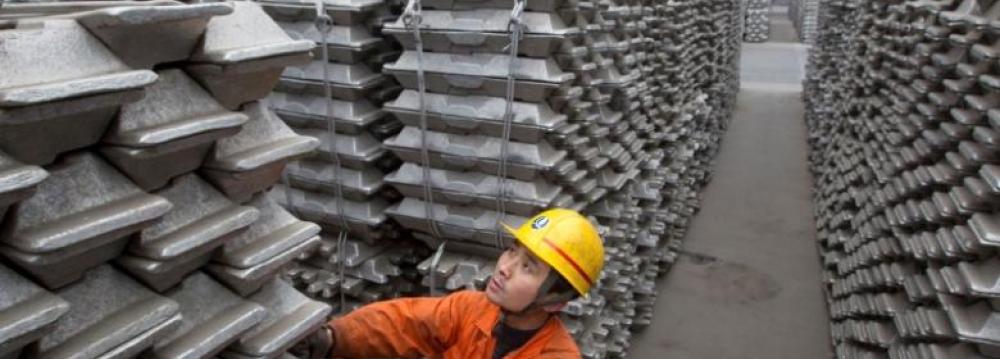Borrowing by small US firms rose in August, in part because the month had more business days than July, and the percentage of firms late on repaying existing loans also increased, data released on Tuesday showed.
The Thomson Reuters/PayNet Small Business Lending Index rose to 133.7 in August from an upwardly revised 123.1 in July, which had three fewer working days. Borrowing by companies in most industries, except construction and recreation, fell.
“It’s malaise, rather than freefall,” said Bill Phelan, PayNet’s president.
Companies also struggled to pay back existing debts, PayNet data showed. Loans more than 30 days past due rose in August to 1.63%, the fifth straight monthly increase and the highest delinquency rate since December 2012.
The figures come as the Federal Reserve mulls the timing of its next rate hike. Higher interest rates tend to slow economic growth. Movements in the index typically correlate with movements in gross domestic product growth a quarter or two ahead.
The US economy grew an estimated 1.4% in the second quarter, though many economists believe that rate improved in the third quarter.
Small business borrowing is a key barometer of growth because small companies tend to do much of the hiring that drives economic gains.
Meanwhile, US apartment vacancy rate was unchanged at 4.4% in the third quarter from the second, while rent growth decelerated in a period that generally sees the strongest increase, real estate research firm Reis Inc said on Monday.
Asking and effective rents both expanded 0.9% during the quarter, compared with a 1.1% growth rate in the second. This was the third consecutive quarter of decelerating year-over-year rent growth.
New construction fell to 37,744 units delivered in the third quarter, a sharp decline from 53,587 units in the second, suggesting that developers were not rushing to complete construction.


